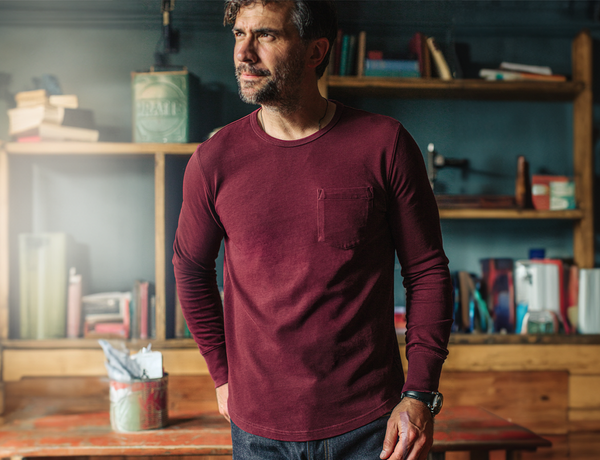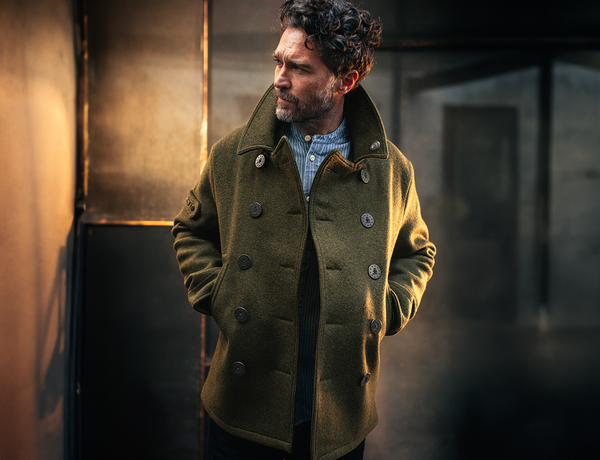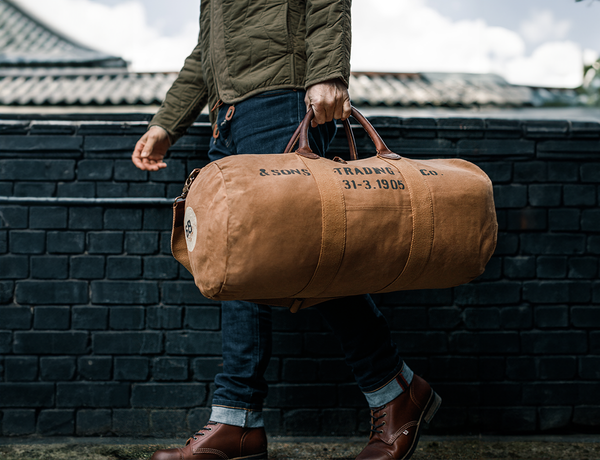September 24
The Evolution of Brotherhood: Exploring the History of Men's Mental Health and Community
Historical Brotherhood: From Fields to Firesides
For centuries, men have found solace and strength in communal activities. In agrarian societies, men worked side by side in fields, developing a shared sense of purpose and mutual reliance. The labour was physically demanding, but it was also an opportunity for men to forge deep connections, share stories, and support one another. These communal efforts created a network of support that extended beyond mere friendship; it was a lifeline in times of need.Similarly, in the industrial age, men working together in factories formed tight-knit groups. The shared experience of labouring under challenging conditions fostered camaraderie and mutual respect. Conversations during breaks shared hardships, and the collective pursuit of a common goal built a strong sense of brotherhood.

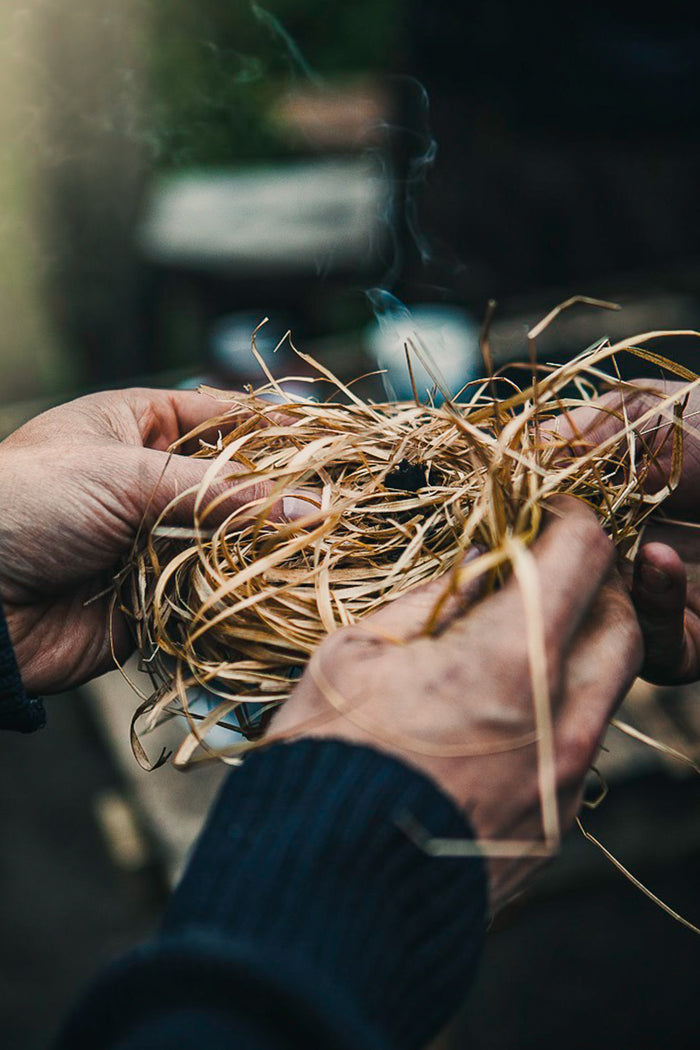
In more rugged environments, such as the American frontier, the cowboy culture exemplified male solidarity. Men relied on each other for survival in harsh conditions, forming bonds that were as much about mutual support as they were about companionship. Gatherings around campfires provided a space for storytelling, laughter, and emotional release, creating a supportive network that extended beyond the immediate tasks at hand.We should acknowledge that the working and living conditions of past generations were often very harsh and challenging. It’s important to recognise that amidst these difficulties, men had crucial connections to rely on and opportunities to build supportive communities. These bonds were a vital source of strength and resilience, offering a lifeline in times of hardship.
The Modern Shift: Isolation and Disconnection
As societies have evolved, the traditional structures that supported male communities have transformed. The shift from communal work environments to more solitary, individualistic roles has impacted the way men connect. The rise of urbanisation, technological advancements, and changes in work dynamics have contributed to a sense of isolation.In today’s world, the opportunities for spontaneous, meaningful male interactions have diminished. Workplaces are often more fragmented, and the digital age, while connecting us virtually, can sometimes lead to a sense of emotional distance. The lack of physical, face-to-face interactions can erode the sense of brotherhood that was once a staple of male communities.
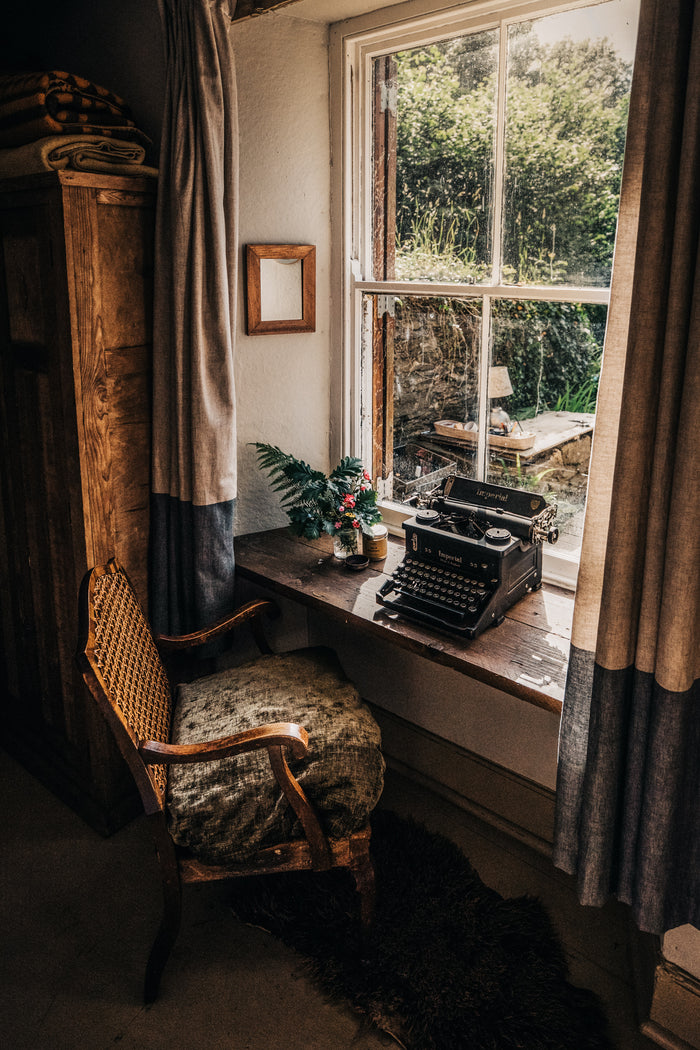
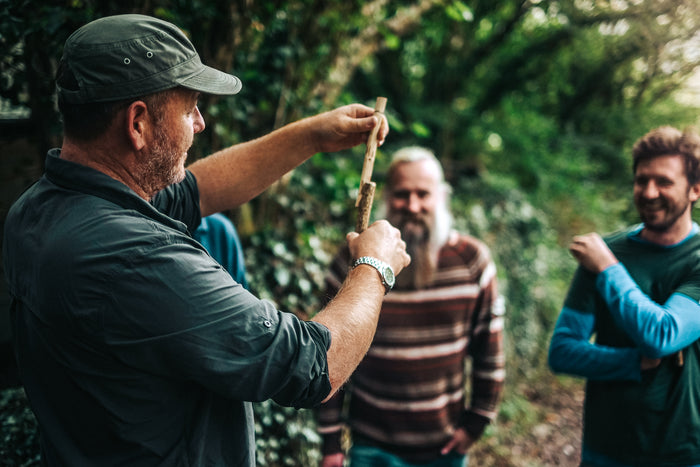
Reclaiming Brotherhood: The Importance of Connection
As we gather for our retreat, it’s a chance to reconnect with the essence of brotherhood that has been a cornerstone of male support systems throughout history. The upcoming Brotherhood Connection workshop is more than just an activity—it’s an opportunity to rekindle the spirit of communal support and shared experience.This workshop is designed to foster genuine connections, much like those forged around campfires or in the fields of yesteryear. By sharing experiences, offering support, and building trust, we can begin to rebuild the networks that have historically played such a crucial role in men’s mental health and well-being.
A Call to Action
As we delve into this retreat, let’s draw inspiration from the past to enhance our present. The sense of brotherhood that once thrived in communal settings is not lost but can be revitalised. By embracing open communication, mutual support, and shared experiences, we can recreate the strong, supportive networks that have been so vital to men’s mental health throughout history.Let’s come together to forge new connections, strengthen old ones, and support each other in ways that reflect the rich history of male camaraderie. The retreat is an opportunity to rediscover and cultivate these essential aspects of our well-being. Here’s to building a future where brotherhood is not just a memory but a thriving reality.




